celiac disease test in babies
But most children with coeliac disease arent yet diagnosed. This means that if you have celiac disease it is possible that you could pass your genes along to your children.

12 Signs Of Celiac Disease In Infants And Its Treatment
Most doctors lean toward testing especially considering the variety and subtlety of symptoms in some cases.
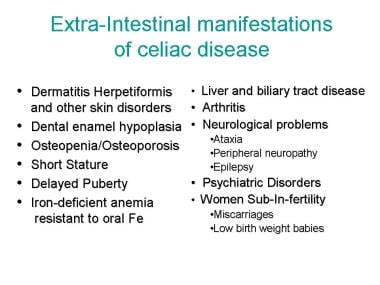
. Some doctors say testing before three will offer inconclusive test results. TTG-IgA and tTG-IgG tests. Children must be eating wheat or barley-based cereals for some time up to several months before they can generate an autoimmune.
Coeliac disease is a common autoimmune condition in children estimated to affect 1 in 100 in the UK. A negative genetic test rules out the possibility that celiac disease will develop. ESPGHAN guidelines from 2020 report that the tTG-IgA test and total IgA test combination give more accurate results than other test combinations as the initial test for suspected celiac disease regardless of age.
People with this disease may experience diarrhea bloating gas anemia and growth issues. Celiac disease may develop any time after wheat or other gluten containing foods are introduced into the diet typically after 6-9 months of age. All three children had blood tests done over the last two years by another pediatricianthese tests showed high levels of gluten antibodies a high IgG-gliadin.
Symptoms of celiac disease will not be apparent until approximately one to six months after introducing gluten-containing solid food to your baby. The early celiac disease symptoms may include not gaining health at a regular pace diarrhea and stomach pain. The First SteptTG-IgA Test.
If that sounds like your child read on. Even if the first test shows negative for celiac the. Infants with celiac disease commonly have abdominal pain and diarrhea even bloody diarrhea and may fail to grow andor gain weight.
Now that there are blood tests that can help establish a celiac disease diagnosis and doctors are becoming increasingly familiar with atypical signs and symptoms celiac disease is also increasingly being diagnosed in older children in fact the average age of diagnosis is currently around 9 years old. If the test results are positive for HLA DQ2 or DQ8 your child is at risk of developing celiac disease. In some cases babies also show the signs of celiac disease soon after starting solid food like cereal.
Maryland Avenue Mail Code 4069 Chicago IL 60637. Infants Children with Celiac Disease. This test mainly looks for antibodies in the body that.
Breastfed babies that eventually developed Celiac usually did so at a later age than formula fed babies even if thier mothers were consuming gluten. Celiac disease often causes issues such as poor appetite short stature and weight loss. Suggested that 8391 of children who have CD remain undiagnosed with the greatest disparity occurring in lower socioeconomic households 35.
No continued screening is needed. Blood tests are not always accurate in very young children. It is very important to test your child at the very first signs or if celiac disease runs in.
People who have celiac disease are permanently intolerant to gluten a protein found in all. Celiac disease is an autoimmune disorder that affects the small intestine. Four prominent methods to detect celiac disease are.
NYU Langone pediatric gastroenterologists nurse practitioners social workers and registered dietitians work together through our Pediatric Gastroenterology Program and are dedicated to diagnosing celiac disease an autoimmune condition characterized by intolerance to gluten a group of proteins. Celiac Disease Testing in Children Under 3. Please refer to a doctor regarding what age the testing should begin at.
The tTG test is the same as that for adults but it only requires about 2-3cc half a teaspoon of blood. If your child is less than 3 years old you may be advised to see a gastroenterologist instead of relying on blood tests results. Its easy to mistake for other childhood conditions with symptoms like slow growth stomach pain sickness bloating extreme tiredness.
A European study by Whitburn et al. It is unknown why some children become ill early in life and others fall ill only after years of exposure. The tests confirmed you have celiac disease Gastroenterologists he explained rarely find definitive causes for their patients intestinal complaints.
Celiac disease is a genetic autoimmune digestive disease that damages the small intestine and interferes with the absorption of nutrients from food. The risk is. Genetic testing is another way to rule out celiac disease and could be a good option for your.
The University of Chicago Celiac Disease Center 5841 S. We do know that children with. Celiac disease is diagnosed if the celiac serological tests are positive and the biopsy is compatible with celiac disease.
Your healthcare provider will closely monitor your child to ensure that they stay on track. This is true even if your childs blood test comes back negative for celiac disease markers. Still be be catching up in terms of their growth and development.
Despite the wide availability of serologic testing and increased disease awareness diagnostic delays for CD remain a significant problem particularly for children. It doesnt mean they will definitely have celiac disease and the chance of developing celiac disease is still low. Consult with your doctor about frequency of screening.
A team of researchers recently set out to assess the diagnostic accuracy of serological tests for celiac disease in adults and children. According to the book Celiac Disease. This can be problematic for kids born prematurely who may.
Your child should see a gastroenterologist if heshe has abdominal stomach pain diarrhea constipation poor growth weight loss headaches fatigue or other concerning symptoms. The tTG-IgA test is the preferred celiac disease serologic test for most patients. However the risk of celiac disease in a first-degree relative parents offspring and siblings of a patient with celiac disease is not 100.
Celiac disease occurs in patients who are genetically susceptible. Symptoms can vary and what is seen in one child may not be evident in another. The immunological reaction to the protein in wheat rye and barley is the same.
The American Academy of Pediatrics advises testing for celiac disease only when symptoms are present while the National Down Syndrome Society suggests all children with Down syndrome should undergo a blood test before 3 years of age. For most children and adults the best way to test for celiac disease is with the Tissue Transglutaminase IgA antibody plus an IgA antibody in order to ensure that the patient generates enough of this antibody to render the celiac disease test accurate. Generally children at risk for celiac disease are screened at age 3 unless symptoms are seen beforehand.
There is still a possibility that your child has celiac disease. About one in 100 people has celiac disease making it one of the most common conditions in children. 1 Research suggests that the tTG-IgA test has a sensitivity of 78 to 100 and a specificity of 90 to 100.
For young children around age 2 years or below Deamidated. In children younger than 3 with symptoms antibody testing is usually reliable especially if it includes DGP-IgG. How are infants tested for celiac disease.
The Hidden Epidemic written by a doctor at the Celiac Disease Center at Columbia University breastfeeding has been shown to protect children from Celiac. But your child should have regular blood tests to see if they have blood markers signs in the blood for celiac disease. 2 The performance of this test may depend on the degree of intestinal damage making the test less sensitive in patients who have mild celiac disease.
A positive test does indicate that celiac disease could develop and in first degree relatives who possess the genes regular screening is recommended.

Celiac Disease Wheat Allergy And Gluten Sensitivity In Children Babycenter Babycenter

Pediatric Celiac Disease Sprue Clinical Presentation History Physical Causes

Symptoms Of Celiac Disease In Babies Three Bakers
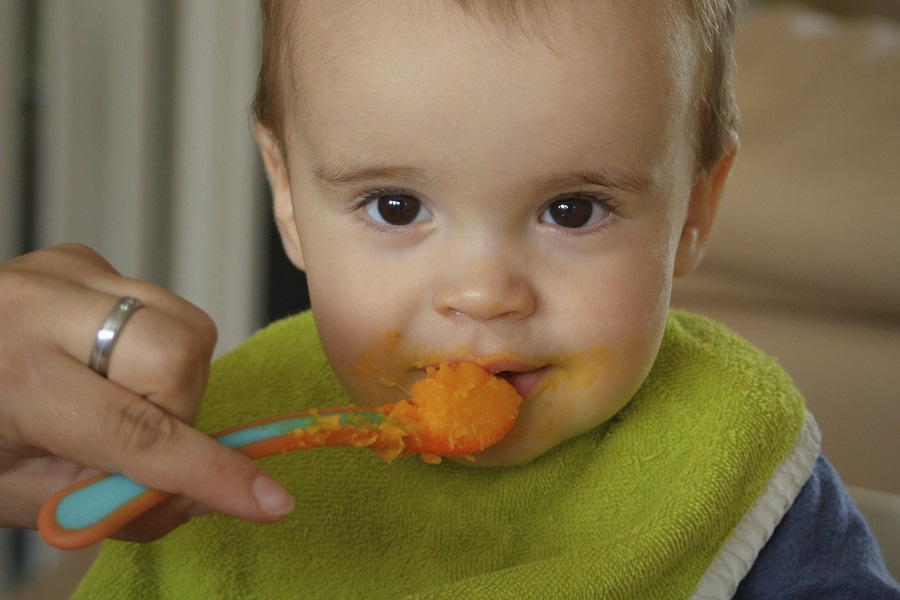
New Guidelines For Feeding Infants At Risk For Celiac Disease Beyondceliac Org
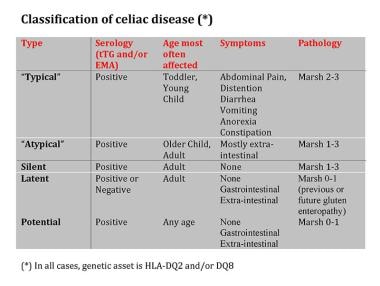
Pediatric Celiac Disease Sprue Clinical Presentation History Physical Causes

How Do I Spot If My Child Has Coeliac Disease

Tummy Trouble And Other Signs Of Celiac Disease In Infants And Toddlers Happy Gluten Free

Celiac Disease In Children Risks Symptoms Beyondceliac Org

Introduction Of Gluten To Infants At High Risk Of Celiac Disease Current Evidence

Coeliac Disease Gluten Allergies In Babies

Signs Your Child Has Celiac Disease Cleveland Clinic

Non Invasive Tests Now Thought To Accurately Diagnose Celiac Disease In Children
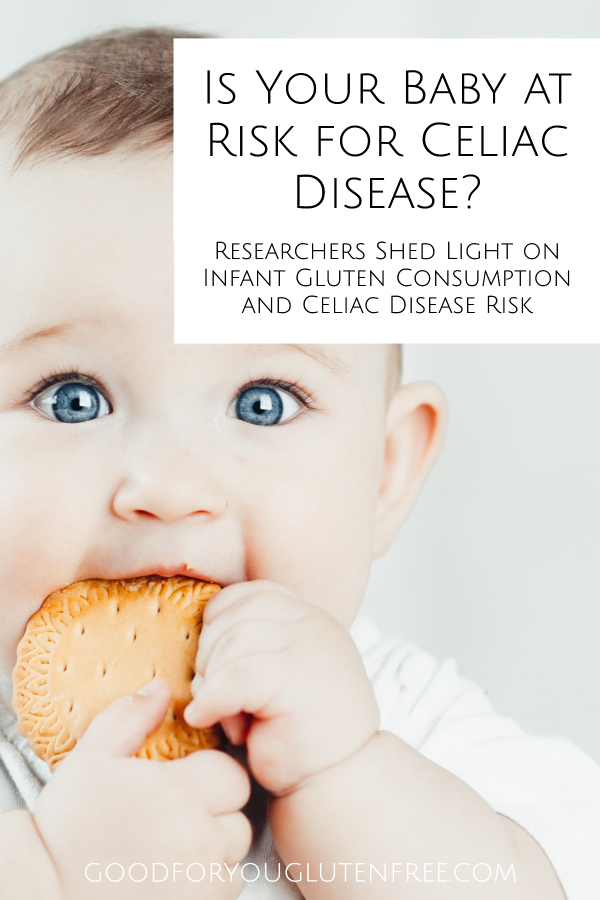
Celiac Disease In Babies Good For You Gluten Free

Celiac Disease Pku Allergies Pediatrics Part B Ppt Download

Celiac Disease Symptoms In Adults Children Babies Free 3 Page Pdf Download Celiac Disease Symptoms Celiac Disease Celiac Disease Awareness
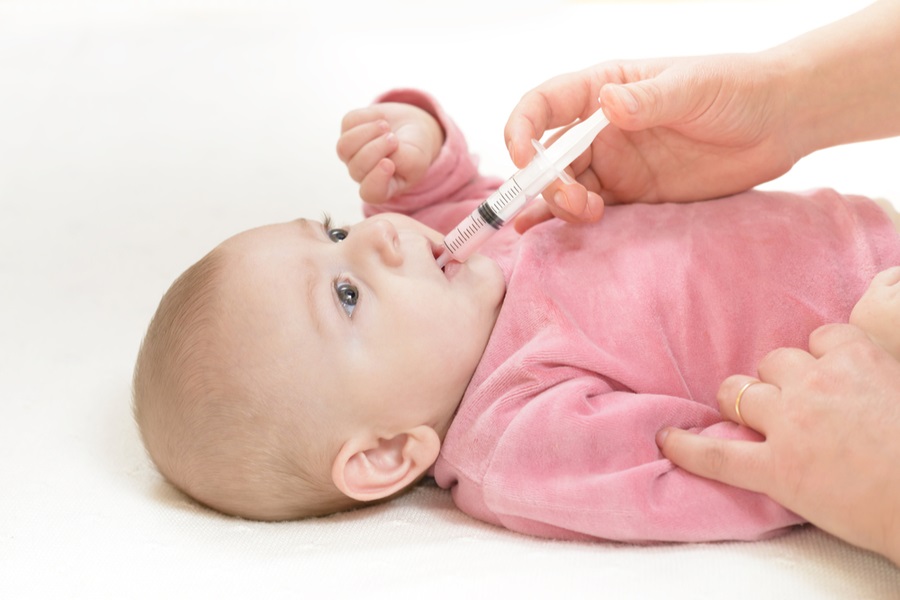
Antibiotics In Babies First Year Might Increase Celiac Disease Risk Beyondceliac Org

Beyond Celiac My Daughter Kira Was Born Healthy But Shortly Before Her 2nd Birthday She Started Vomiting Occasionally Then At Her 2 Year Check Up We Learned She Had Only Gained

Six Reasons To Test For Celiac Disease Before Starting A Gluten Free Diet Amy Burkhart Md Rd
